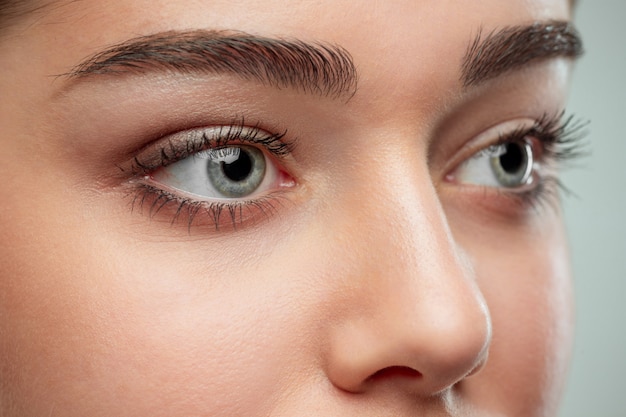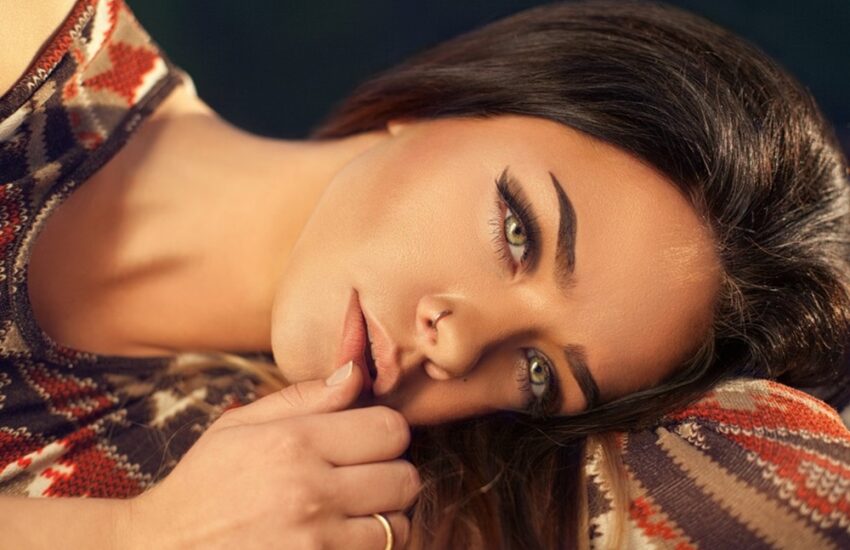Natural Hair and Civil Rights
In 2019, a study commissioned by Dove cosmetics found that Black women were more likely to be sent home from work because of their hair. They were also more inclined to face social pressure to change their hair for work. In addition, they were also more likely to be targeted by official policy documents related to hairstyling in the workplace.
Adults and children are more likely to be monitored, punished, and excluded based on their hair when it is in its natural state or culturally specific hairstyles such as locs, twists, or braids.
Thankfully, things are changing. Not only did Dove cosmetics commission the study in 2019, but it also sponsored The CROWN Act.
CROWN legislation has been passed in 18 states, although there is still a struggle going on for acceptance from lawmakers in other states. For example, legislation seeking to prohibit discrimination based on hairstyle and texture failed three times in the Florida legislature. Currently, CROWN Act legislation awaits consideration in the US Senate. There, a narrow Democratic majority is set to consider the bill. It’s already been passed in the US House of Representatives on March 18.
Just as important as legislation are public events such as CurlFest, which celebrates the wearing of Black hair. World Afro Day, held on September 15, is another example of the way we can work together to end hair discrimination.



